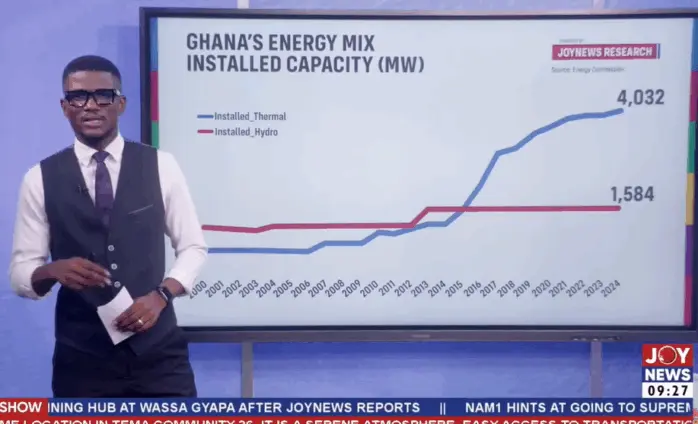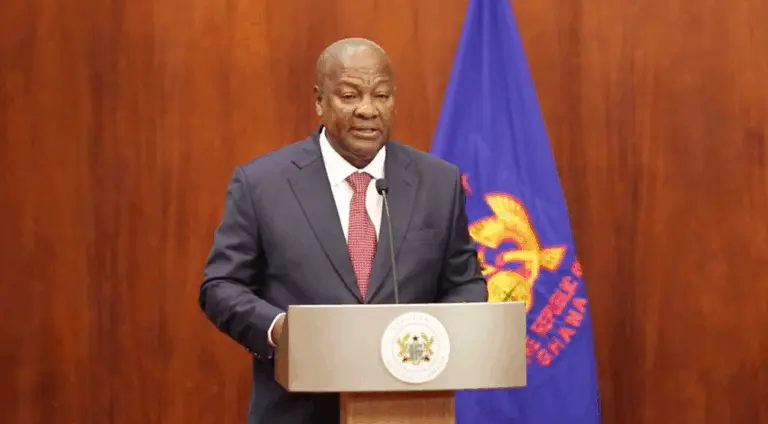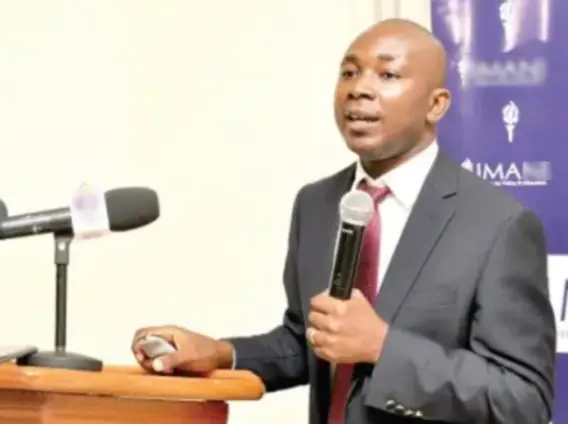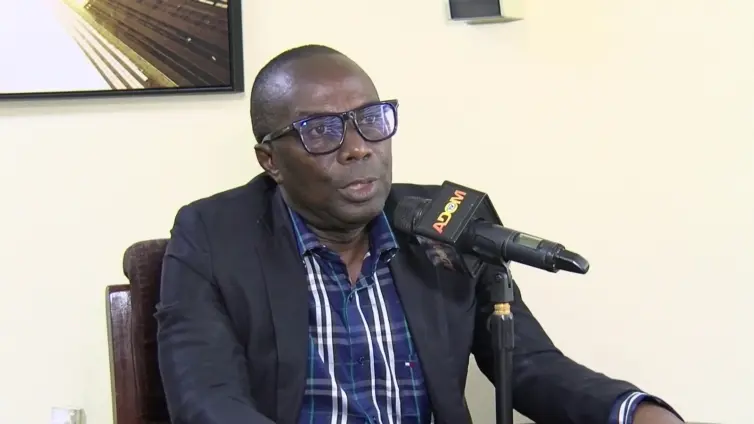Accra, Ghana – The Bank of Ghana (BoG) is expected to begin easing its monetary policy in the third quarter of 2025, a move that could have significant implications for the nation’s economy. According to a recent forecast by Fitch Solutions, this shift will be driven by a confluence of factors, including gradually declining inflation, a stable exchange rate, and lower energy prices. The anticipated easing comes after a period of tightening, and stakeholders are keen to understand the potential impacts on businesses, investments, and the overall economic climate.
The decision to ease monetary policy hinges on several key economic indicators. One of the most critical is the trajectory of inflation. The central bank’s ability to manage and reduce inflation rates is a primary consideration in determining when and how to adjust its policy rate. Complementing this is the stability of the Ghanaian cedi against major currencies. A stable exchange rate provides a more predictable environment for businesses and investors, encouraging economic activity. Finally, lower energy prices, a global factor, contribute to overall economic stability by reducing costs for consumers and businesses alike.
“Inflation easing gradually, supported by exchange rate stability and lower energy prices, we forecast a cumulative 200bps [basis points] reduction in the policy rate to 26.00% by end-2025, followed by a further 300bps cut to 23.00% in 2026” – Fitch Solutions
Fitch Solutions projects a reduction of 200 basis points in the policy rate by the end of 2025, bringing it down to 26.00%. This forecast anticipates that the factors driving monetary easing will gain traction over the next year. Looking further ahead, the firm expects an additional 300 basis points cut in 2026, which would further lower the policy rate to 23.00%. These projected rate cuts are predicated on the assumption that inflation will continue its downward trend, the exchange rate will remain stable, and energy prices will stay relatively low.
The path to potential monetary easing has not been without its surprises. In March 2025, the BoG unexpectedly increased its policy rate by 100 basis points, raising it to 28.00%. This decision reflected the central bank’s commitment to firmly anchoring inflation, even if it meant deviating from earlier expectations. Governor Johnson Asiama, who recently took the helm at the BoG, has signaled a more hawkish stance compared to his predecessor, Ernest Addison. He emphasized that inflation must become “firmly anchored” before the central bank considers cutting rates again.
Databank Research offers a slightly different perspective. While acknowledging the potential for monetary easing, Databank Research anticipates that the BoG will likely hold the policy rate steady at 28% in the near term. According to Databank Research, any rate cuts would be contingent on clear and sustained progress in disinflation. Their analysis suggests that the Monetary Policy Committee (MPC) is likely to adopt a wait-and-see approach, carefully assessing the impact of prior tightening measures before making any further adjustments. The MPC’s quarterly sitting, scheduled from May 21, 2025, to May 23, 2025, will be closely watched by analysts and investors alike.
Databank Research’s projections suggest a steady disinflation path, barring any unforeseen internal or external shocks. Under their baseline scenario, inflation is expected to settle between 17–19% by mid-year, driven by base effects and relatively stable prices. This projected disinflation path is a crucial factor in determining when the Bank of Ghana might consider easing its monetary policy.
Several potential risks and uncertainties could disrupt the projected disinflation path and delay or prevent monetary easing. Internal shocks, such as unexpected fiscal policy changes or supply chain disruptions, could trigger inflationary pressures. External shocks, such as rising global commodity prices or a slowdown in global economic growth, could also negatively impact Ghana’s economy. These global economic conditions could influence the monetary policy.
The anticipated monetary easing by the Bank of Ghana (BoG) represents a pivotal moment for the Ghanaian economy. While forecasts from Fitch Solutions and Databank Research offer valuable insights, it is essential to acknowledge the inherent uncertainties and potential risks. Governor Asiama’s approach, combined with the MPC’s data-driven decisions, will ultimately shape the pace and extent of the easing. Stakeholders should closely monitor economic indicators and policy announcements to navigate the evolving landscape. The projected easing will influence investment decisions and overall economic confidence, and an understanding of the factors at play will be paramount for businesses and individuals alike.
Image Source: MYJOYONLINE





















